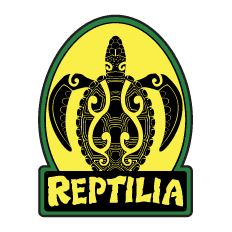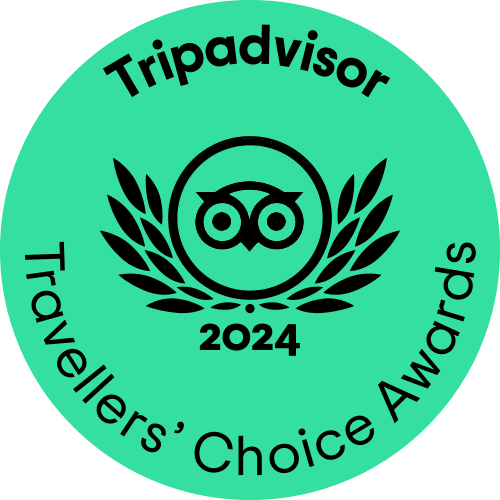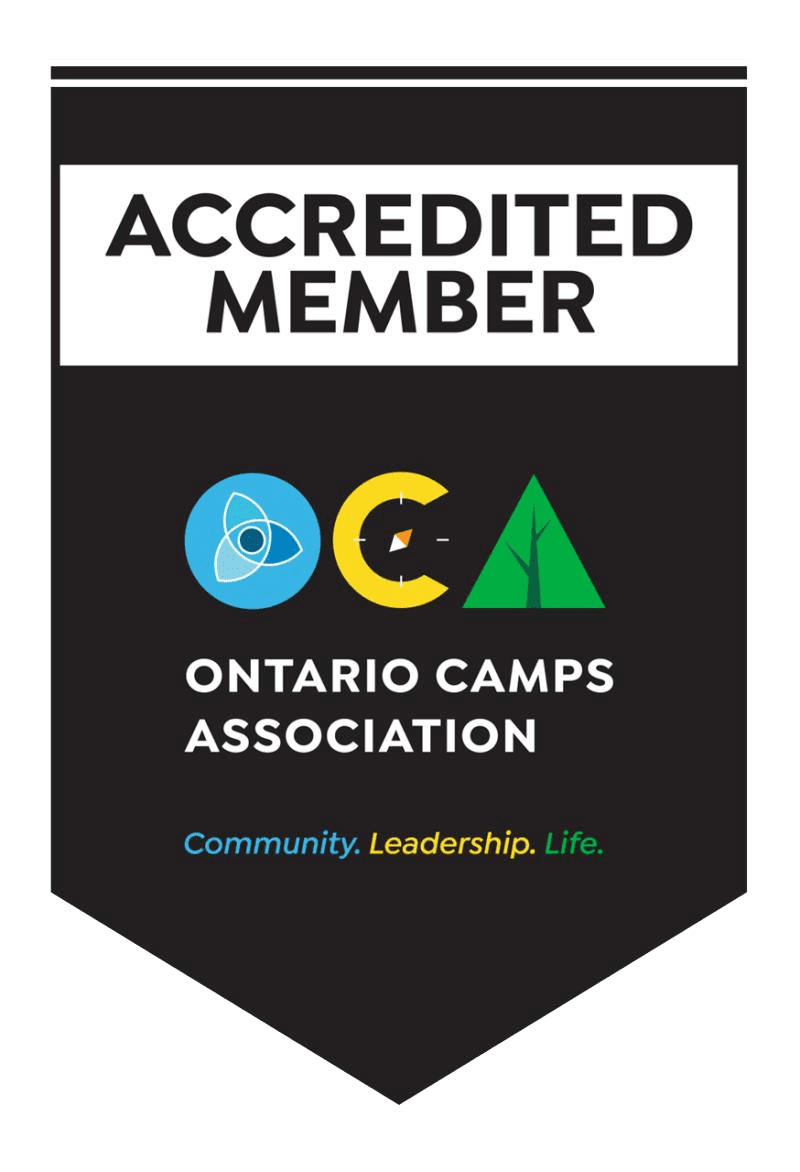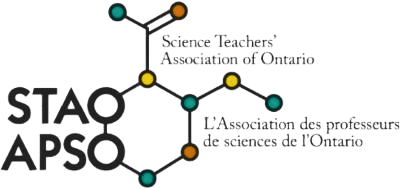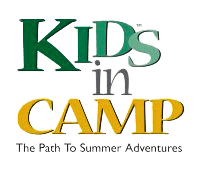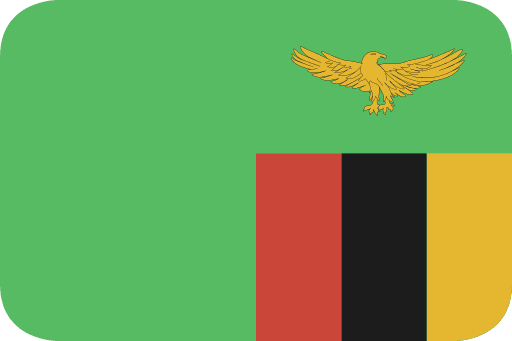Education
Reptilia School Programs
Reptilia has custom-written curriculums guided by the applicable education department overseeing the elementary science curriculum and approved by the school boards for which we teach. We use a multidisciplinary approach incorporating the concepts and guidelines set forth in the Science and Technology curriculum.
For more information and booking please contact us:
Vaughan: [email protected] | 905-761-6223
Whitby: [email protected] | (905) 493-9537
London: [email protected] | 226 721 8522
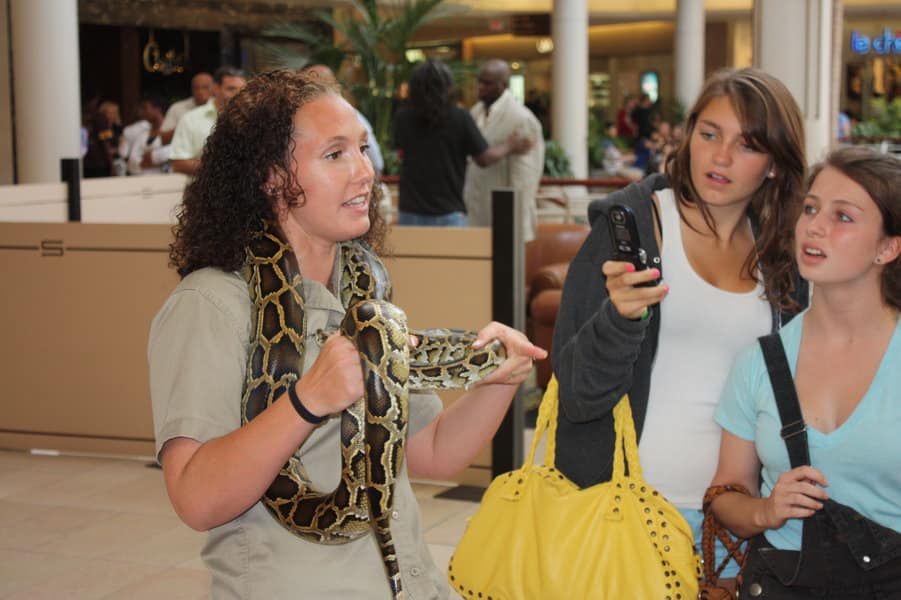
We Have Worked With








School Curriculum Programs
Does your class require accommodations?
No Problem!
Not sure how your class will respond?
Don’t worry!
Won’t the reptiles distract the class?
Of course not!
The Characteristics of Living Things: How Do We Know It’s Alive?
Students learn about the characteristics of all living things. Specifically, that living things move, reproduce, consume energy, grow, and die. We explore these characteristics of life and the variation in these characteristics. For example, students learn about the many ways that animals move through their environment.
Key Concepts/Words: Energy, food, growth, life cycle, movement, reproduction
Diversity… We Are All Different, Yet the Same
We may all look different, eat different foods, and even behave differently, but in the end, we are all people. Reptiles are no different. They may look different, eat different things, and even behave differently, but in many ways, they are just like us. This lesson explores diversity and the great variation we see in the world around us, while focusing on the things that we all have in common.
Key Concepts/Words: Diversity, differences, similarities, animals, characteristics, empathy, stewardship, vertebrates, diet
Colors and Textures
We all know that snakes are scaly and not slimy, but did you know that they still all feel different? In this presentation, the children will experience a range of textures and colors, exploring the diversity of reptiles in a tactile way.
Key Concepts/Words: Diversity, differences, similarities, colors, texture, rough, smooth, bumpy, hard, soft, senses
Using the Senses to Learn About Senses!
This lesson focuses on the five senses and how they help animals, including people, survive. Students learn about the fascinating variation in sensory abilities of different types of animals and they begin to learn about how senses are needed for survival. Best of all, students use their senses of sight, smell, touch, and hearing to learn about the animals we bring to your classroom (however, we hope none of the students taste the animals!).
Key Concepts/Words: Senses, sense organs, sight, smell, taste, touch, hearing
The Characteristics of Living Things – How Do We Know It’s Alive?
Students learn about the characteristics of all living things. Specifically, that living things move, reproduce,
consume energy, grow, and die. We explore these characteristics of life and the variation in these
characteristics. For example, students learn about the many ways that animals move through their environment.
Key Concepts/Words: Energy, food, growth, life cycle, movement, reproduction
Exploring the Needs of Living Things
This lesson focuses on the basic necessities of life: energy, water, shelter/space, and air. Students learn how
animals meet these needs in their environment and how changes to the environments affect the survival of
animals.
Key Concepts/Words: Air, diet, energy, food, growth, pollution, senses, shelter/space, water
Ultimate Survivors: How Animals Adapt to Changes in Their Environment
The world can be a tough place to live in. All organisms must be able to respond and adapt to changes in their
environment. Many species have specialized features and adaptations that help them to meet their needs. Animals
respond to changes in temperature, water availability, food availability and more. Students learn how different
vertebrates respond and adapt to these seasonal changes as well as how different characteristics help various
vertebrates survive and even thrive in their environments.
Key Concepts/Words: Amphibians, birds, ectothermic/endothermic, fish, food, mammals, reptiles,
temperature, water, adaptation, seasons, migration
Life Goes On… and On: Animal Life Cycles – Birth, Growth, Reproduction, and Parental Care
Just as there is variation in the appearance of vertebrates, there is variation in the life cycles of
vertebrates. This lesson focuses on the life cycles of vertebrates and introduces students to the many different
ways animals are born, grow, reproduce, and care for their young.
Key Concepts/Words: Amphibians, bird, birth, fish, growth, mammals, parental care, reptiles,
reproduction
Vertebrate Variety: Exploring the Characteristics of Vertebrates
Students learn all about the five classes of vertebrates and compare their characteristics. Reptilia’s staff
describe the physical characteristics, behavioral characteristics, and life cycle characteristics of reptiles
and amphibians and compare them to birds, mammals, and fish.
Key Concepts/Words: Amphibians, birds, ectothermic/endothermic, fish, life cycle, mammals,
reproduction, reptiles, vertebrates
The World Around Us: Living and Surviving
This lesson combines the other three lessons, touching on how various vertebrates live and survive in their
environment, using their senses and other adaptations to find food, avoid predators, and meet their needs, as
well as looking at how their life cycles suit their lifestyles.
Key Concepts/Words: Amphibians, Bird, birth, fish, growth, mammals, parental care, reptiles,
reproduction, characteristics, senses, adaptation
Plant & Animal Interactions
The natural world is a strange and wonderful place where all living things are intricately linked to each other.
The interaction and interdependence between plants and animals is an excellent way to introduce the concept of
interconnectedness to students. This lesson helps students to identify the similarities between plants and
animals and it introduces them to the interactions between these two types of organisms.
Key Concepts/Words: Energy, food, interaction, growth, life cycle, movement, pollination,
reproduction
Ultimate Survivors: How Animals Adapt to Changes in Their Environment
The world can be a tough place to live in. All organisms must be able to respond and adapt to changes in their
environment. Many species have specialized features and adaptations that help them to meet their needs. Animals
respond to changes in temperature, water availability, food availability and more. Students learn how different
vertebrates respond and adapt to these seasonal changes as well as how different characteristics help various
vertebrates survive and even thrive in their environments.
Key Concepts/Words: Amphibians, birds, ectothermic/endothermic, fish, food, mammals, reptiles,
temperature, water, adaptation, seasons, migration
Life Goes On… and On: Animal Life Cycles – Birth, Growth, Reproduction, and Parental Care
Just as there is variation in the appearance of vertebrates, there is variation in the life cycles of
vertebrates. This lesson focuses on the life cycles of vertebrates and introduces students to the many different
ways animals are born, grow, reproduce, and care for their young.
Key Concepts/Words: Amphibians, bird, birth, fish, growth, mammals, parental care, reptiles,
reproduction
Vertebrate Variety: Exploring the Characteristics of Vertebrates
Students learn all about the five classes of vertebrates and compare their characteristics. Reptilia’s staff
describe the physical characteristics, behavioral characteristics, and life cycle characteristics of reptiles
and amphibians and compare them to birds, mammals, and fish.
Key Concepts/Words: Amphibians, birds, ectothermic/endothermic, fish, life cycle, mammals,
reproduction, reptiles, vertebrates
The World Around Us: Living and Surviving
This lesson combines the other three lessons, touching on how various vertebrates live and survive in their
environment, using their senses and other adaptations to find food, avoid predators, and meet their needs, as
well as looking at how their life cycles suit their lifestyles.
Key Concepts/Words: Amphibians, Bird, birth, fish, growth, mammals, parental care, reptiles,
reproduction, characteristics, senses, adaptation
Organ Organization and Integration
How do the organs of other organisms work compared to ours? How are organ systems integrated to perform as one
unit to sustain life? These are some of the questions explored in this lesson. Our lesson is a tour of the organ
systems found in all terrestrial vertebrates highlighting variation in the structure and function of the major
organs and systems. Students gain a better understanding of the way these systems work together.
Key Concepts/Words: Circulatory system, digestive system, muscular system, musculoskeletal system,
nervous system, food, respiratory system, system integration
Classic Classification: How We Organize The Living World
Scientists classify organisms according to a specific guideline established by Carl Linnaeus, a Swedish
biologist who lived in the 1700’s. This classification system is used to organize species into workable groups
of living things that are similar in many ways. This lesson focuses on biodiversity, the methods of
classification and the characteristics of animals in the five vertebrate classes.
Key Concepts/Words: Amphibians, birds, characteristics, classification, ectothermic, endothermic,
fish, fossil, invertebrate, mammals, reptiles, vertebrate
Ecological Essentials: The Delicate Balance
The diversity of animals and ecosystems in which they live is astounding; however, the basic elements of these
ecosystems remain the same and the natural laws that dictate the interactions within the system are predictable.
This lesson focuses on the basic concept of ecology and introduces students to the idea of ecological
interactions.
Key Concepts/Words: Abiotic, biotic, community, competition, energy, food web, niche, population,
predator, prey, space, shelter, water
Humans and Ecosystems: How Do We Fit In?
Humans do not operate outside the laws of nature. The laws that govern ecological processes apply to our
activities. This lesson focuses on the links between our actions and the health of ecosystems. Students apply
their basic knowledge of ecosystems to better understand the role of the human population in ecological
processes.
Key Concepts/Words: Air, conservation, endangered, ecosystems, energy, extinction, food web, habitat
loss, interaction, pollution, technology, water
Ready to book your field trip or school visit, or still have questions?
Our booking team is always ready to help! Give us a call or email us:
BOOK TODAY!
Reptilia Field Trip
Visit the Jungle!- ✓ Additional Students: $10.25 +Tax/Student
- ✓ Teachers: 1 Free for every 5 Student
- ✓ A 30-minute zoo tour for your entire class
- ✓ An exclusive 60-minute curriculum-based lesson
- ✓ All day admission to the Facility!
Minimum 20 students
Elementary School Visit
60 minute lessons for grades K – 8- ✓ 1 x 60 minute Lesson: $320
- ✓ 2 x 60 minute Lessons: $410
- ✓ 3 x 60 minute Lessons: $495
- ✓ 4 x 60 minute Lessons: $575
- ✓ 5 x 60 minute Lessons: $645
Maximum 30 Students per Lesson
High School Visit
60 minute lessons for grades 9 -12- ✓ 1 x 60 minute Lesson: $345
- ✓ 2 x 60 minute Lessons: $430
- ✓ 3 x 60 minute Lessons: $520
- ✓ 4 x 60 minute Lessons: $600
- ✓ 5 x 60 minute Lessons: $670
Maximum 30 Students per Lesson
Post Secondary School Programs
Programs for post-secondary level classes include workshops for students in teacher’s college to veterinary medicine and animal care students.
Borrow the extensive expertise of Reptilia’s Cast Members and benefit from the captivating tool of live animals to demonstrate your course curriculum in an unforgettable way! Reptilia has provided programming for a wide variety of college and university students! We are happy to work with professors to supply content that complements the goals of the program.
All programs feature live animals and are provided by qualified educational instructors with a sound background in all the subjects they teach. Select from the links below to learn more about Reptilia’s programs for students enrolled in post-secondary schools.
For more information and booking please contact us:
Vaughan: [email protected] | 905-761-6223
Whitby: [email protected] | (905) 493-9537
London: [email protected] | 226 721 8522
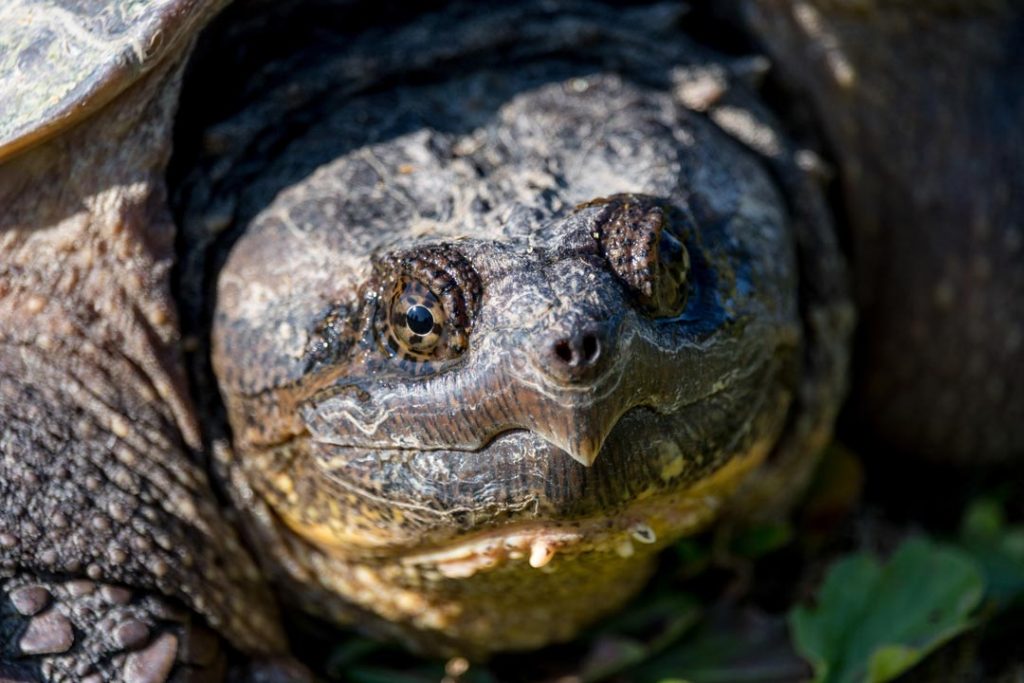
Reptilia Field Trip
Visit the Jungle!- ✓ Additional Students: $10.25 +Tax/Student
- ✓ Professor: 1 Free for every 5 Student
- ✓ A 30-minute zoo tour for your entire class
- ✓ An exclusive 60-minute curriculum-based lesson
- ✓ All day admission to the Facility!
Minimum 20 students
Post Secondary Campus Visit
College & University Level Lessons-
INCLUDES
- ✓ Up to 120 minute lesson
- ✓ Live animals
- ✓ Qualified Instructor
Includes Unlimited Student Audience
College and University Level Programs
Fear of reptiles, and snakes, in particular, is common even among those with a passion for animals. Exposure to snakes will help students overcome this fear so that it does not become an issue for them in the workplace. Students enrolled in animal care courses typically do not have much exposure to reptiles and amphibians. These animals are becoming much more common in private homes as pets. A well-rounded understanding of the characteristics and needs of reptiles and amphibians will give students more options when looking for work.
Animal Care Courses
Reptilia’s staff provide unique programs for students learning about animal care. Many animal care courses do not have the time to cover reptiles and amphibians in depth. In fact, many schools have only one or two classes (2-4 hours) devoted to covering the biology and care of these increasingly popular but misunderstood animals. Reptilia’s programs cover a lot of information effectively in a way that students remember. The live animals and experienced demonstrators make the experience unique because it covers theory and practical application together.
Programs at Reptilia
Bring your class to Reptilia and experience a hands-on demonstration and a tour of our zoo facility. The visit to our facility is especially meaningful for animal care students as they can see how the animals are handled and housed in a zoo setting. We also have venomous species at the zoo which provide an opportunity to demonstrate handling of venomous reptiles.
Programs at Your School
Our staff can bring a variety of animals to your school and deliver the same program provided at our zoo.
Workshops for students enrolled in teacher’s college focus on Life Systems curriculum and Biology curriculum. Many teachers who will teach at the elementary school level do not have a science background. Reptilia’s workshops provide a foundation in life sciences or an in-depth look at one particular aspect of the curriculum. Teacher candidate workshops also focus on using a multidisciplinary approach to teaching.
Programs for Teachers and Teacher Candidates
Reptilia understands that many teachers at the elementary school level are apprehensive about teaching science because they do not have the background in science necessary to teach the concepts outlined in the curriculum. Reptilia’s teacher workshops are conducted with this in mind. The goal of each workshop is to provide teachers with the knowledge necessary to confidently teach the concepts in the curriculum. Each workshop will have three main components which are consistent with the three primary aspects of the curriculum. That is, the workshops will focus on the following: (1) teaching basic concepts, (2) providing activities that focus on investigation, exploration, and data collection, and (3) demonstrating links between the concepts and the outside world. After attending Reptilia’s workshops, teachers will:
- Be familiar with the topics in the Life Systems Strand.
- Have more knowledge to draw from during lessons.
- Have support materials that can immediately be put to use in the classroom.
- Be able to easily meet the curriculum requirements for the Life Systems Strand.
Reptilia is supported to a great extent by schools and teachers. These workshops help us share our expertise and knowledge with teachers and school boards that support us.
Programs at Reptilia
Bring your group to Reptilia and experience a hands-on demonstration and a tour of our zoo facility. The visit to our facility is especially meaningful for teachers as it gives them an opportunity to see the great diversity that exists in this group and we can demonstrate how to use zoos and zoo exhibits as teaching tools.
Programs at Your School
Our staff can bring a variety of animals to your school and deliver the same program provided at our zoo.
Research involving reptiles and amphibians is on the rise. Students enrolled in courses intended to prepare them to work with wildlife in the field need exposure to reptiles in real-world situations. Reptilia can provide hands-on in-class experiences and guided field courses that will prepare students for real-world work with reptiles and amphibians. Courses demonstrating safe handling of venomous species are also available.
Reptilia’s expertise extends beyond biology and husbandry to handling and collection of data in the field. Students studying reptile and amphibian biology in the context of natural resources management and research will benefit from Reptilia’s identification and field courses. Each course is designed to teach students about the natural history, ecology, behavior, and identification of reptiles and amphibians.
Ontario Species Lesson
Our first session focuses on the identification and natural history of native Ontario species of reptiles and amphibians. Students will learn about the natural history, ecology, and behavior of native species while learning how to identify them. A combination of live animals, video, and slides will be used in the multimedia presentation.
Students enrolled in zoology courses rarely see or work with live animals. Reptilia’s zoology/herpetology classes cover aspects of reptilian and amphibian physiology, classification, evolution, and ecology.
Zoology Programs
Zoology students don’t often get to work with live animals. Several options including live demonstrations and field courses are available. All programs will be customized to suit the needs and requests of the specific course coordinator. Reptilia will work closely with the coordinator to ensure each goal is achieved. Some options and suggestions are listed below:
Herpetology
This is an identification lab that will teach students how to identify various reptile families from live specimens. Video and slides will also be used as part of the experience. Live examples from more than 15 families of reptiles will be brought to your lab for students to see first hand. Alternatively, you can bring your students to Reptilia and observe even greater diversity in a hands-on presentation and zoo tour.
The increasing popularity of reptile and amphibian pets makes it necessary for veterinarians and their technicians to have at least a basic knowledge of reptile and amphibian identification and care. Reptilia’s focus is on proper identification, handling, and common health issues associated with the most common reptile and amphibian pets.
Veterinary Students and Technicians
Reptilia’s staff provide unique programs for students learning about veterinary science. Many veterinary science and vet tech courses do not have the time to cover reptiles and amphibians in depth. In fact, many schools have only one or two classes (2-4 hours) devoted to covering the biology and care of these increasingly popular but misunderstood animals. Reptilia’s programs cover a lot of information effectively in a way that students remember. The live animals and experienced demonstrators make the experience unique because it covers theory and practical application together.
Programs at Reptilia
Bring your class to Reptilia and experience a hands-on demonstration and a tour of our zoo facility. The visit to our facility is especially meaningful for students as they can see how the animals are handled and housed in a zoo setting. We also have venomous species at the zoo which provide an opportunity to demonstrate handling of venomous reptiles.
Programs at Your School
Our staff can bring a variety of animals to your school and deliver the same program provided at our zoo.
Are you a Professor or Student looking for a research collaboration?
Reptilia has a collection of over 500 animals including rare specimens and is happy to discuss research possibilities.
Contact your local Reptilia facility for more information.
This experience is currently available with some restrictions.
Please contact our booking line with any questions.
Gecko Habitarium School Program
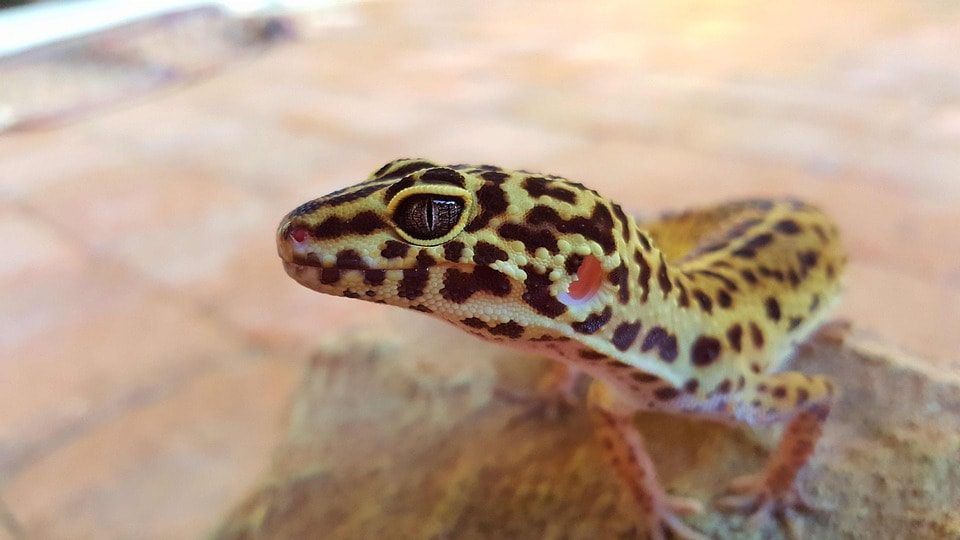
Animals in the classroom provide an unending source of teachable moments, an inspiration for cross-curricular lessons, and, most important, the opportunity for students to observe and care for these incredible creatures. The program is designed to empower students, giving them ownership of their learning, allowing them to ask and test their own questions. Activity ideas and lesson plans included with the Habitarium Program cover literacy, numeracy, science, multimedia, and even the dramatic arts!
Reptilia’s Gecko Habitarium School Program provides a unique learning experience for students while providing them with the benefit of having direct contact with live animals. The Reptilia Habitarium School Program places a docile and charismatic leopard gecko into your classroom along with everything you need to care for them. It also includes two in-class lessons and monthly visits from one of our educators to bring insects, check up on the lizards, and answer any questions.
Students, who might otherwise never experience nature, are given a chance to connect with the world in a real way, fostering empathy, stewardship, knowledge, and responsibility.
For more information and booking please contact us:
Vaughan: [email protected] | 905-761-6223
Whitby: [email protected] | (905) 493-9537
London: [email protected] | 226 721 8522
9 Month Program
Complete School Program- ✓ Leopard Gecko
- ✓ Full Habitat and Supplies
- ✓ Monthly Food Delivery
-
✓ Catered Curriculum Content
The gecko stays for a full school year! Typically starts in October ends in June. The gecko can be integrated into all aspects of the curriculum, including science, math, geography, humanities, english and all other subjects!
*All prices are subject to applicable taxes and mileage fees.
